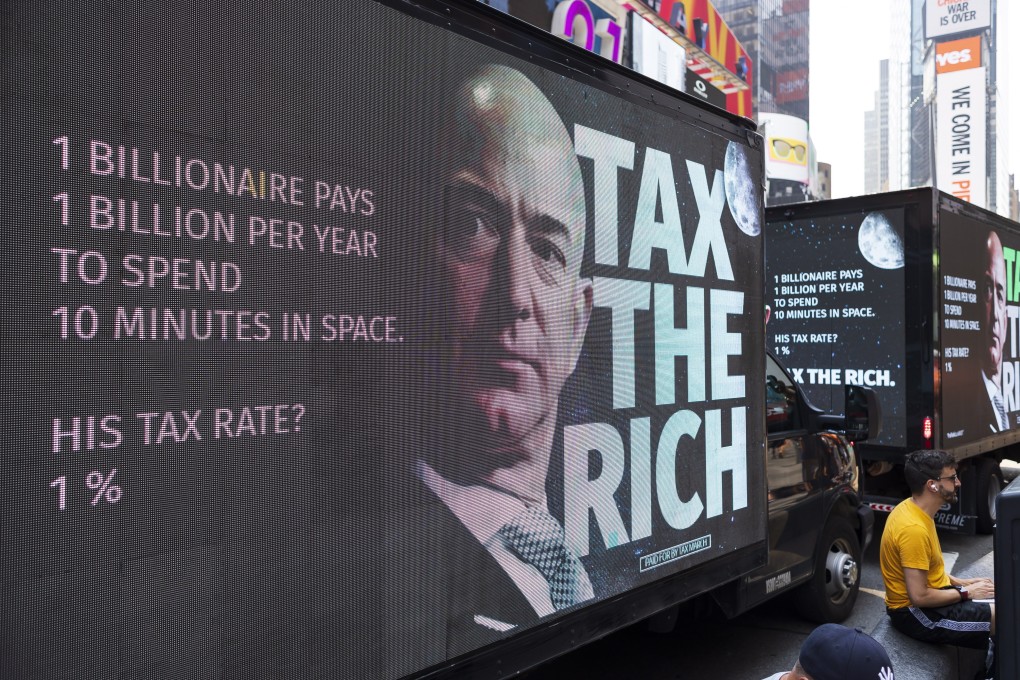Opinion | Climate crisis: Bezos and Branson can pay for an escape to space, but the 99 per cent can’t
- We need a balance sheet for the whole of Earth, taking into account what every country, company or individual is doing to change our planet
- Four major imbalances must be fixed to avert self-destruction: excessive military spending, yawning wealth gaps, and inequities in Covid-19 vaccine access and global warming impact

We don’t have a unified map of where we are and what to do. Perhaps what the world needs is a “One-Earth balance sheet”, unifying data from ecologists, economists and policymakers, to get a better picture.
Since the 1972 report, “The Limits to Growth”, ecologists have been trying to prove that modern lifestyles are unsustainable. But the economists’ position has always been: if you can’t quantify it, we can’t measure its effect and anyway, the market and technology will solve all our problems.
Balance sheets are typically reports on the financial conditions of an economic entity. As consumers and investors now care a lot more about the environmental, social and governance (ESG) aspects of corporate behaviour, companies are beginning to measure and disclose (very patchily) their responsibilities to society.
As it is, the IFRS (International Financial Reporting Standards) Foundation has still not issued a unified reporting standard for ESG. Only this year has the United Nations approved its System of Environmental Economic Accounting Ecosystem Accounting, a framework for measuring the value of natural capital, so we can finally start implementing ESG reporting at the national level.
